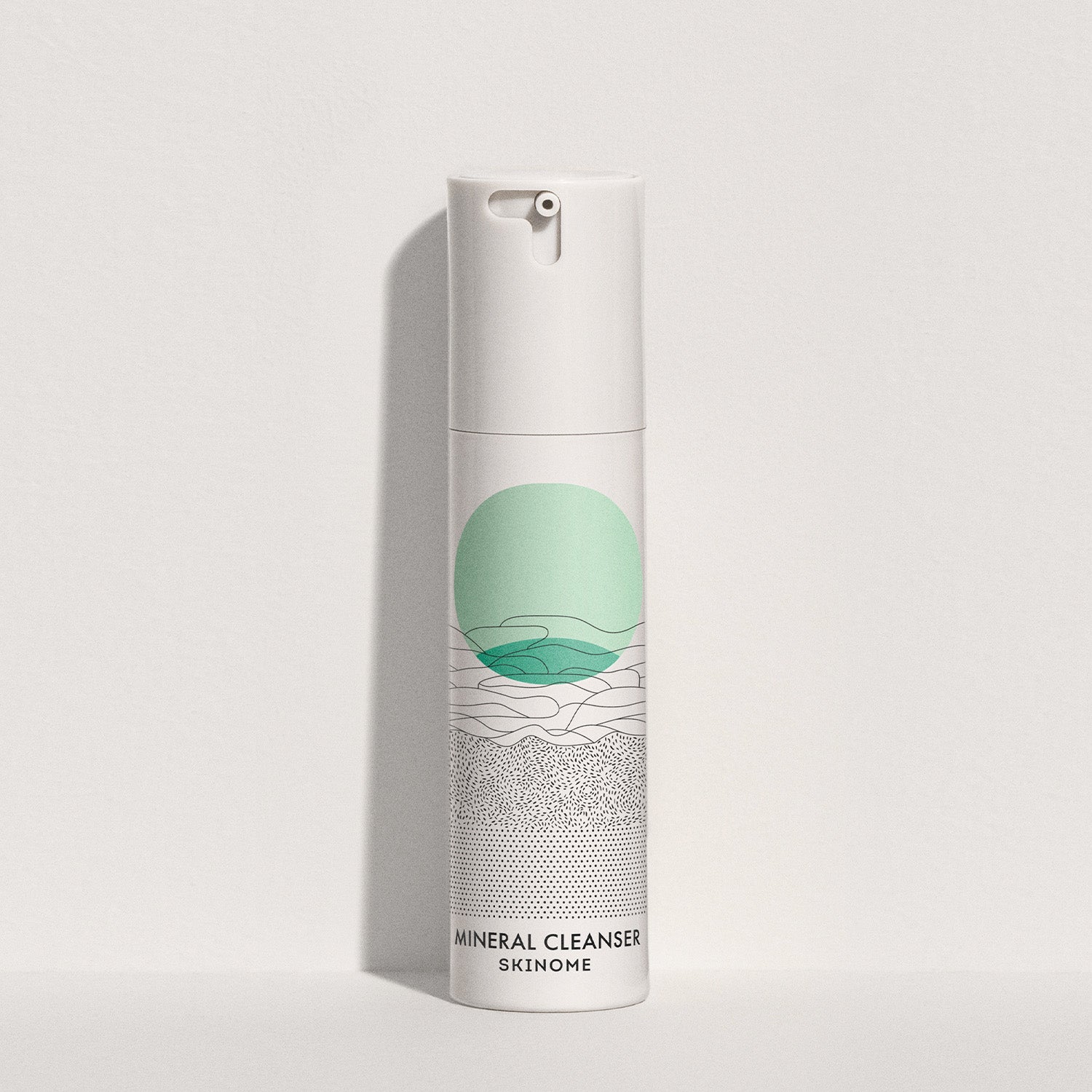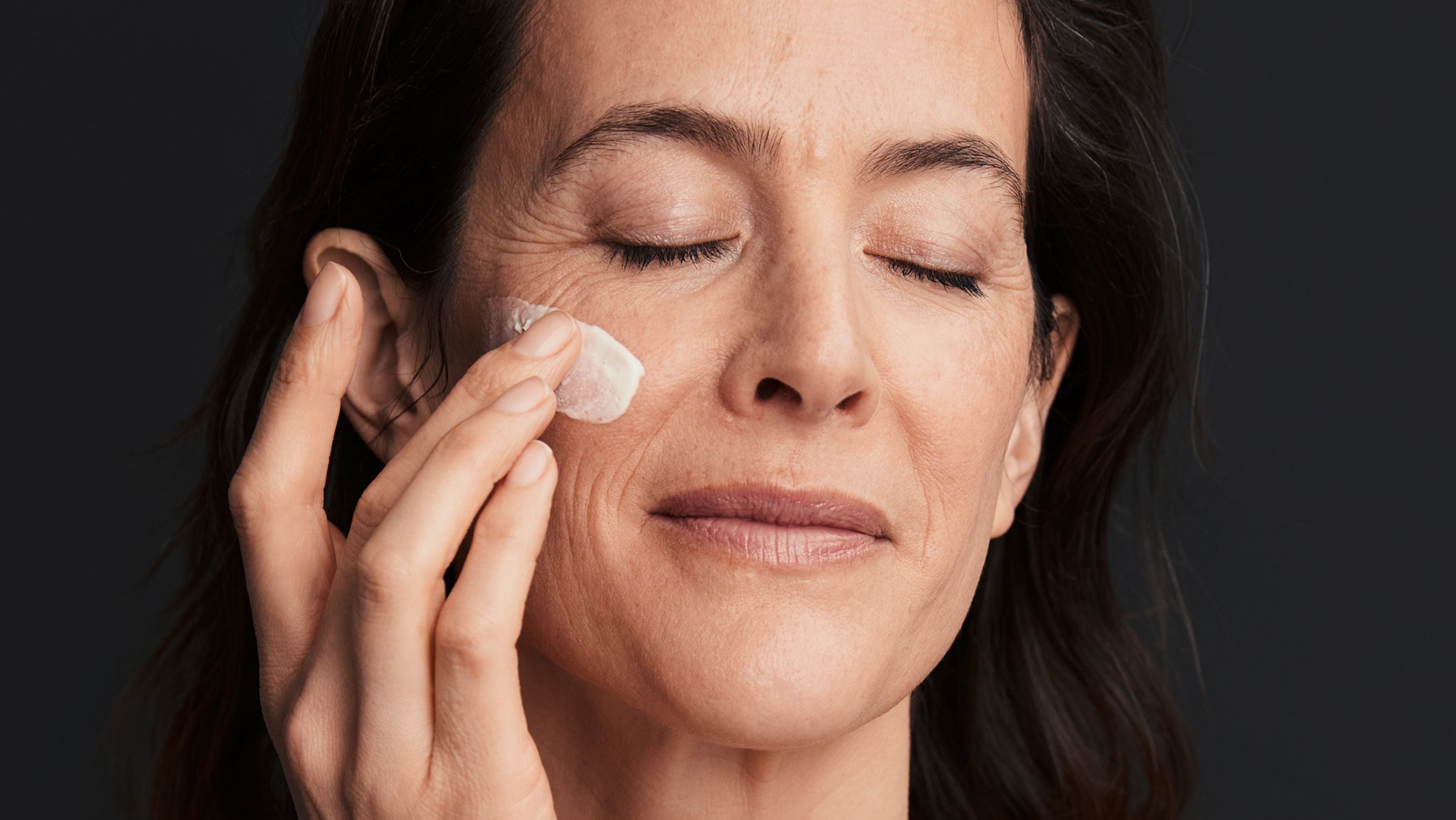
For many, acne can affect both self-esteem and mental well-being. If you have oily skin, you may be at higher risk of developing acne, as excess sebum increases the risk of clogged pores and breakouts. Many people mistakenly believe that acne-prone skin requires intensive cleansing, but this is a myth that can actually make the situation worse. The key is to find a balanced skincare routine that regulates sebum production without irritating or drying out the skin.
Here are five tips that can help you manage acne and acne-prone skin, followed by information on how you can treat acne medically.

Many people believe that acne-prone skin requires frequent cleansing, but washing your face too much can actually damage your skin's natural protective barrier and worsen acne. When your skin is dried out by excessive cleansing, your sebaceous glands produce even more oil to compensate, leading to more breakouts.
We recommend washing your face in the evening with a gentle, fragrance-free cleanser specifically formulated for acne-prone skin. Avoid harsh soaps and products that scrub the skin.


When you have acne-prone skin, it's important to use skin care products that don't clog pores. Choose products that are "non-comedogenic," meaning they don't contain ingredients that can clog or block pores. Use skin care products specifically formulated for acne-prone skin to keep your skin hydrated and protected from the sun without contributing to new breakouts.
To reduce sebum production and keep your skin balanced, it can be a good idea to include active ingredients in your skincare routine. The careful use of very mild acids in your cleanser can help to dissolve clogged pores and gently exfoliate the skin. Azelaic acid is another effective ingredient that both fights bacteria and calms inflammation. Niacinamide is also an ingredient that can help regulate sebum production and reduce the appearance of enlarged pores.

Even if you have acne-prone skin, it's important to moisturize your skin. Many people with acne-prone skin avoid moisturizing products, but when your skin becomes dehydrated, your oil glands may produce more oil to compensate. Choose a lightweight moisturizer specifically formulated for acne-prone skin to hydrate your skin without adding oil. Keeping your skin balanced will help reduce the risk of overproduction of sebum and future breakouts.
Many people believe that the sun dries out acne, but prolonged sun exposure can worsen acne by damaging the skin and causing inflammation. In addition, the sun can cause hyperpigmentation, especially after acne breakouts, which can lead to dark spots and scars. Always use a sunscreen with a high SPF that is non-comedogenic, meaning it contains ingredients that won't clog your pores. This will help protect your skin without causing more breakouts.
In more severe cases, or if your acne causes scarring, pain, or affects your mental well-being, it is wise to consider medical treatments. If you have a family history of scarring acne or have melanin-rich skin, you should seek help early to avoid scarring.
A dermatologist can tailor a treatment plan to suit your needs, including ointments, creams, and medications.
By following these tips, you can manage acne-prone skin and reduce breakouts over time. Remember, acne is an individual skin condition, so it’s important to find a routine that works for you. If your symptoms are severe or don’t improve with self-care, don’t hesitate to consult a dermatologist for personalized treatment and advice.












